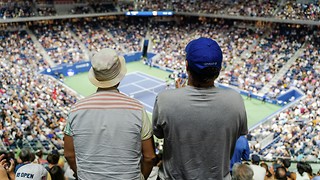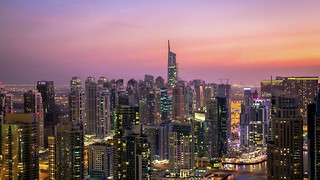From page to stage: adaptation and 1984
Rivkah Brown talks about adapting George Orwell with 1984 director Maddie Heyes
It’s a bibliophile’s nightmare: a treasured book desecrated by a half-baked adaptation. We’ve all been there, most recently in my case with Baz Luhrmann’s crude translation of Fitzgerald’s The Great Gatsby. The brash CGI and thumping soundtrack simply didn’t add up to the subtle poetry I first saw in the novel. Instead, Luhrmann seemed to have elaborated Fitzgerald’s short but perfectly-formed work into a sprawling two-and-a-half hours of what I can only describe as exhaustion. Equally memorable for all the wrong reasons were Joe Wright’s flat Anna Karenina, Julian Jarrold’s lukewarm Brideshead Revisited and (one that I’ll never forgive) How the Grinch Stole Christmas.
Yet it is also many a bibliophile’s dream to adapt a novel for the screen or stage. One such individual is Maddie Heyes, who directs this week’s ADC mainshow, 1984. Maddie explains what she hopes will be the ingredients of her adaptation’s success. First and foremost, there’s the playtext. “I used Matthew Dunster’s 2010 adaptation for the Manchester Royal Exchange”, says Maddie, and with good reason: The Independent described it as an "incisive" and "compelling" though "faithful take on the story". This faithfulness to the original is clearly what Maddie saw in the adaptation, which she says “includes a lot of the lovely writing, and keeps some of the best lines. I think it really captures the essence of Orwell’s book.”
Second, there’s the strength of the story: “I love stories, and this is an amazing story. It has everything […] you can look at it in so many different ways.” And it’s this robustness of vision, the fullness of Orwell’s projection of an alternative reality, that makes for a successful adaptation: “If the story’s good enough, it will survive the transition between different media, as it can be viewed from different perspectives.” Where the novel allows us to see inside the mind of its protagonist, Winston Smith, the play has the advantage of taking a more objective stance: “With a book, it’s about telling; in the theatre, we get to show. In terms of other characters and Winston’s relationships with them, we don’t get as much of a filter through Winston’s consciousness. The audience get to be more independent.”
Finally, there’s the story’s contemporary relevance. Though penned by Orwell over half a century ago, Maddie is convinced that the novel’s message is as pertinent as ever. “What attracted me to the novel was its relevance to us. Orwell’s world is scarily close to our own. One of my touchstones as director was modern surveillance methods; during a single journey across London, you’re filmed by over 300 cameras. It might feel like a detached world, but it really isn’t […] In fact, I wanted to emphasise that it is a deeply modern dystopia.”
This, I would argue, is the most essential ingredient of a successful adaptation: that there is no need to crassly ‘modernise’ the novel, as so many adaptations for screen and stage do at their peril. Rather, its concerns are able to speak to us across time. And if anyone can do this, it is Orwell, the plainsong polemic of whose seminal work rings as true today as it did in 1949: "Power is not a means; it is an end. One does not establish a dictatorship in order to safeguard a revolution; one makes the revolution in order to establish the dictatorship. The object of persecution is persecution. The object of torture is torture. The object of power is power."
 Features / The community Cambridge accommodation creates (and doesn’t)9 August 2025
Features / The community Cambridge accommodation creates (and doesn’t)9 August 2025 News / Trinity sells O2 Arena lease for £90m12 August 2025
News / Trinity sells O2 Arena lease for £90m12 August 2025 Features / Incoming freshers and their hopes, fears and expectations for Cambridge 12 August 2025
Features / Incoming freshers and their hopes, fears and expectations for Cambridge 12 August 2025 Lifestyle / An ode to college accommodation11 August 2025
Lifestyle / An ode to college accommodation11 August 2025 Sport / ‘A full-time job with overtime’: should disparities change the way we approach Bumps?6 August 2025
Sport / ‘A full-time job with overtime’: should disparities change the way we approach Bumps?6 August 2025









